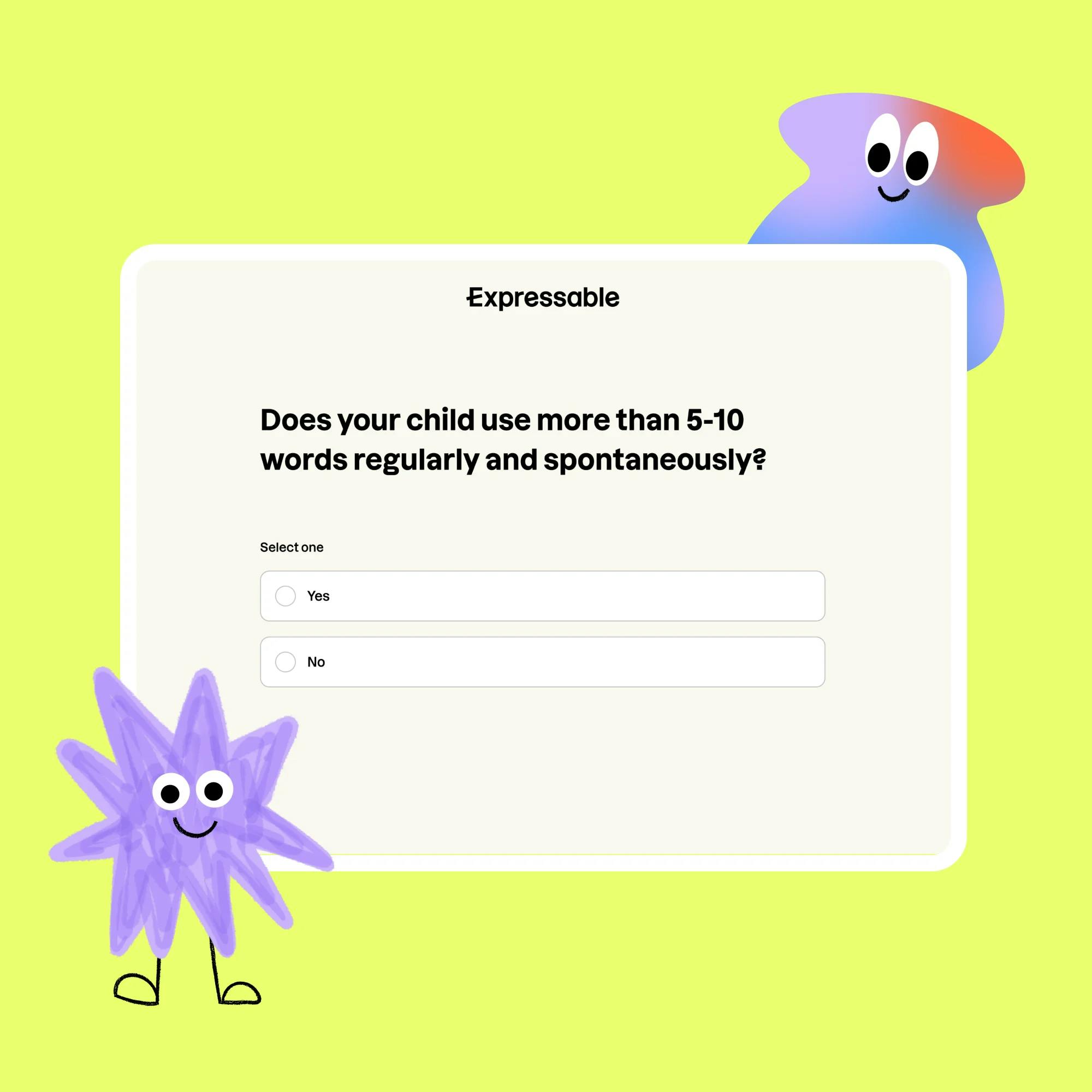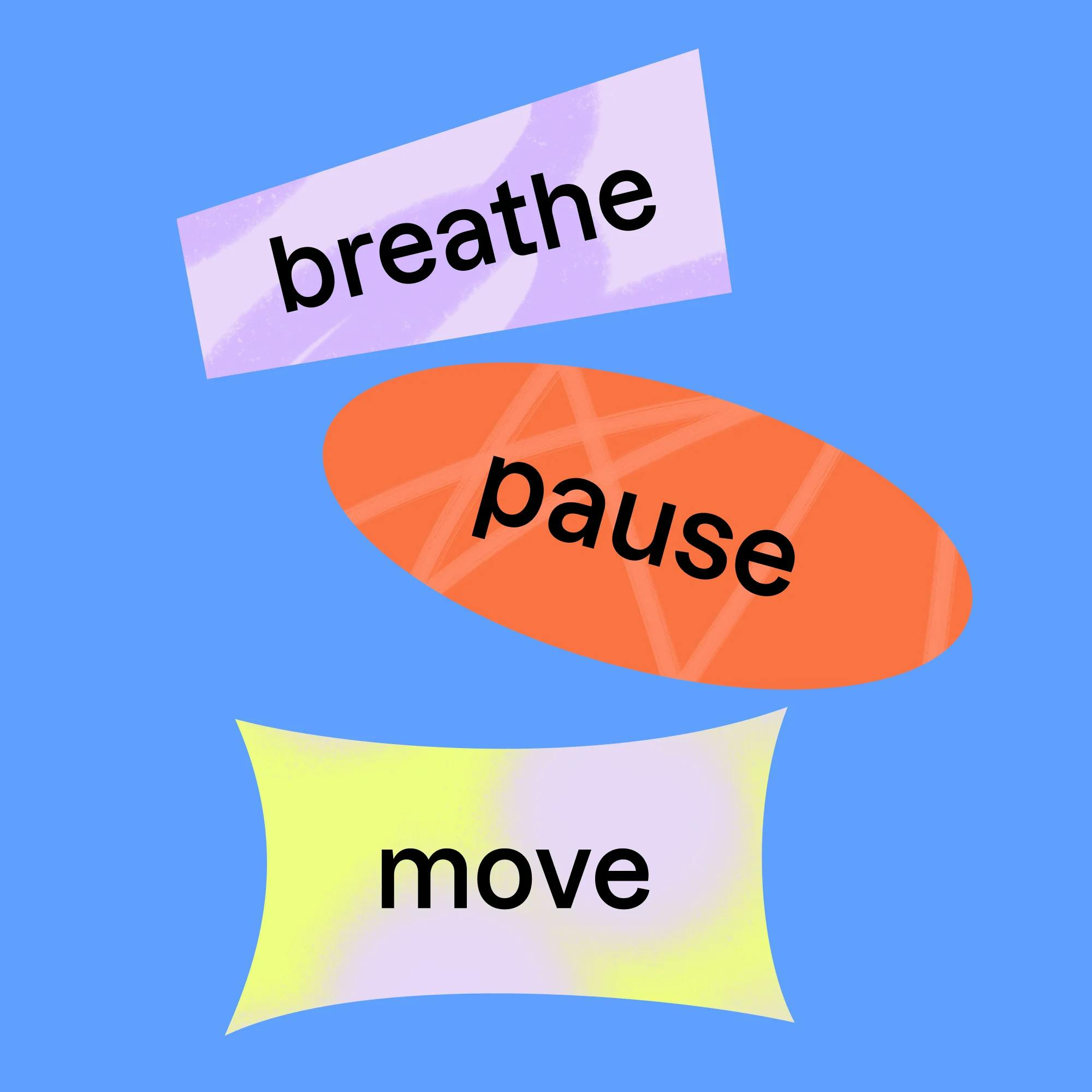Most of us have heard the term speech impediment. But do you know exactly what a speech impediment is? How do you know if your child has one? And if you have a speech impediment as an adult, can speech therapy help?
What is a speech impediment?
A speech impediment is a disorder that causes someone to not be able to speak clearly. Common types of speech impediments include problems with:
1 Articulation
This refers to a person’s ability to form sounds correctly and clearly. A person who has a tough time saying specific sounds, like the /s/ sound or /r/ sound, has difficulty with their articulation abilities.
2 Fluency
This refers to the ability to speak smoothly and without stuttering.
3 Voice
Voice disorders are related to poor functioning of the vocal folds. This can affect the quality of the voice’s pitch, loudness, or resonance.


How does a speech impediment differ from a language disorder?
A speech impediment is something that affects the physical output of voice and speech sounds. A language disorder refers to a person’s difficulty in either understanding what is said to them (receptive language) or conveying their own message verbally or nonverbally (expressive language).
You can think of it like this. A language disorder generally is related to difficulty communicating your thoughts and ideas, or getting your message across. A speech impediment is related to the physical way you deliver that message through voice, speech fluency, or articulation.
Common speech impediments in children
Articulation disorders are some of the more common speech impediments for children. Most children typically go through a period of not being able to say some consonant sounds correctly. However, they should outgrow these speech errors as they get older. If a child has a few sounds that they say incorrectly, and those errors don’t improve over time, we refer to this as an articulation disorder.
Keep in mind that there is another type of speech disorder called a phonological disorder. This refers to difficulty in pronouncing similar sounds. The speech errors in a phonological disorder are very pattern-like. For example, if a child drops all the final sounds off their words, we call this “final consonant deletion,” which is a phonological disorder.
Stuttering can also occur in some children’s speech. Stuttering is when there is a disruption to the normal flow of speech. There may be pauses in a person’s speech, they may repeat the sounds in words, or they may prolong sounds in words. Stuttering most often occurs between ages 2 and 6 years old. About 25% of children who stutter will stutter into adulthood.
Common speech impediments among adults
Just like speech impediments can occur in childhood, they can also occur in adulthood. Most speech impediments that present themselves in later years are:
Articulation disorders such as a lisp or difficulty pronouncing sounds due to a hearing loss
Stuttering
Voice disorders, such as dysarthria
Articulation disorders in childhood can persist into adulthood if the proper treatment did not occur during childhood, or if there is some type of hindrance present, like a hearing loss.
Although stuttering is more common in children, it can affect adults as well. Many times, stuttering presents itself in childhood and continues on into adulthood. Neurophysiology, family history of stuttering, or a medical issue like a stroke or traumatic brain injury can be contributing factors to stuttering.
Voice disorders can occur in adults for several reasons. They could be related to vocal abuse, such as speaking too loudly or too frequently, causing vocal strain. Growths such as polyps or lesions could develop on the vocal folds. Neurological issues that occur after a stroke, cancer, traumatic brain injury, or a disease like multiple sclerosis or Parkinson’s disease can all cause voice disorders.
The effects of living with a speech impediment
Living with a speech impediment can be challenging. Clear communication is what connects us to each other. It helps us form relationships and express our most important wants and needs. To have that ability limited can feel frustrating. Everyday tasks like attending school or work, interacting with store or restaurant employees, or talking on the phone can feel stressful.
Speech impediments can affect people emotionally and mentally. Difficulty communicating may lead to low self-confidence and isolation from others. Speech therapy can go a long way toward improving a speech impediment. Everyone deserves the ability to communicate and connect with others, and speech therapy helps make that happen.


How speech therapy can help a speech impediment
Speech therapists go through extensive training and licensing in order to provide clinical treatment targeted to various speech impediments. There is no one more qualified to assess and treat speech disorders than a speech therapist, formally known as a speech-language pathologist.
Consider taking our online screener to find out if you or your child would benefit from a speech evaluation.
Consider taking our simple online screener to find out if you or your child would benefit from a speech evaluation. You can discuss your results with one of our specialists for free.
Goals for speech therapy are tailored to fit each person’s exact situation. Your speech therapist will keep track of your progress and make adjustments as needed to help you reach your goals as quickly as possible.
Your speech therapist will help you determine the best mode of communication as you work together. For people with more mild disorders, such as a slight articulation delay, the client may be able to learn and practice the sounds giving them trouble and improve their speech production. This will allow their speech to become clearer over time.
For people with severe speech impediments, augmentative and alternative communication (AAC) can be an option. AAC involves a person using a different type of system to communicate. This may include using written words or pictures to communicate, or using a speech-generating device that can output speech for them. If you are looking for a speech therapist for yourself or a loved one, you may not be sure where to start. It’s important to find a speech therapist who has experience in your specific needs and can act as your coach. Speech therapists are dedicated to helping their clients reach new, personal goals they may not have been able to achieve before–no matter what their age. So don’t wait. Reach out to a speech therapist today to start on your path to clearer communication.

 Abby Barnes, M.S., CCC-SLP
Abby Barnes, M.S., CCC-SLP












